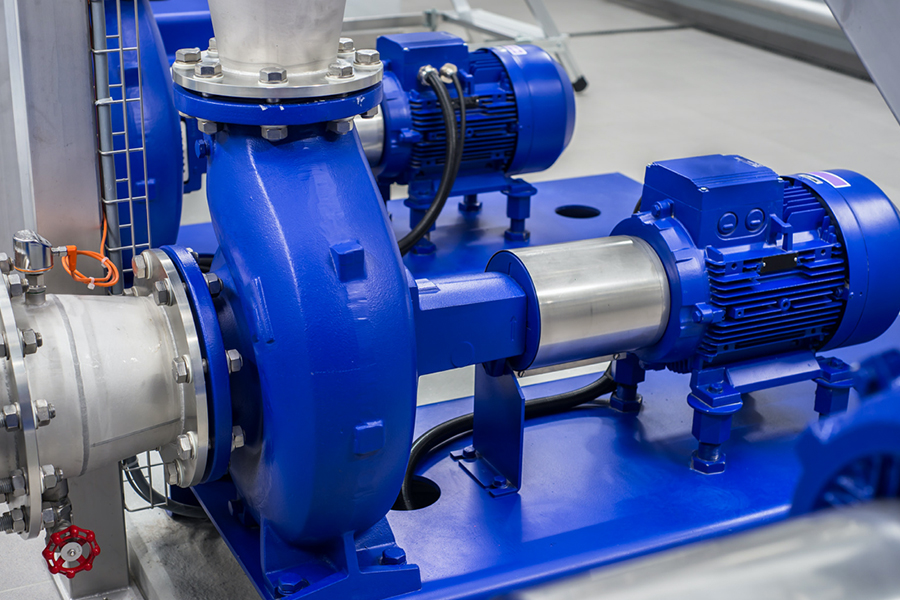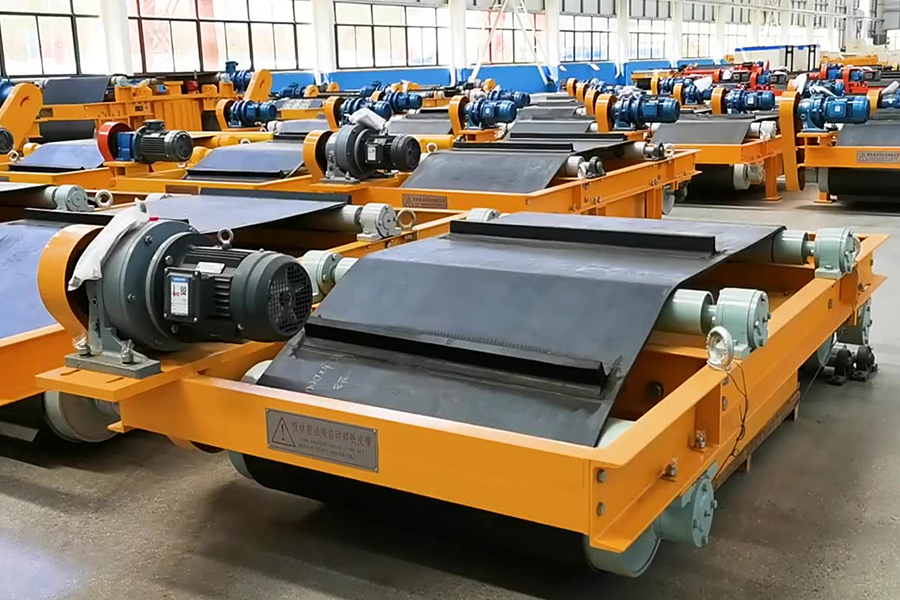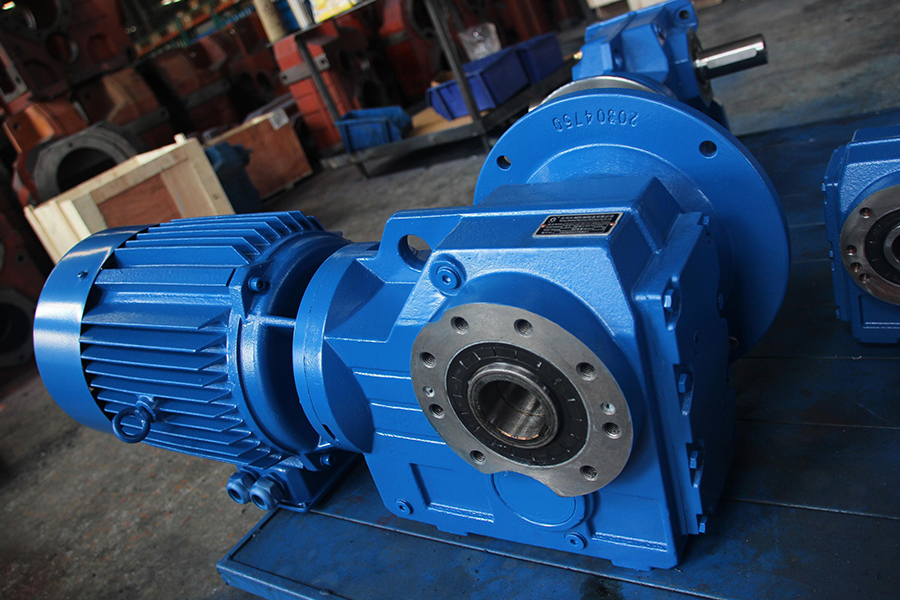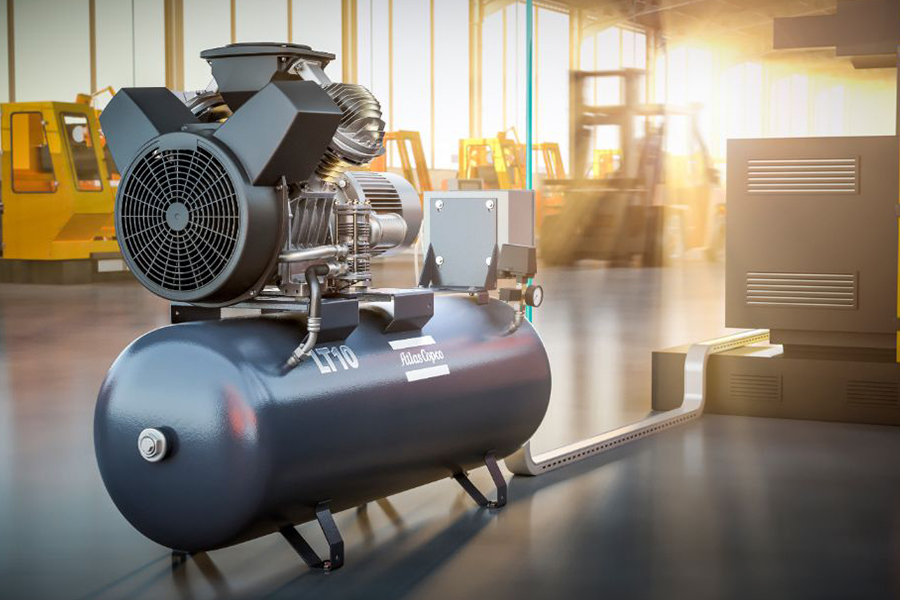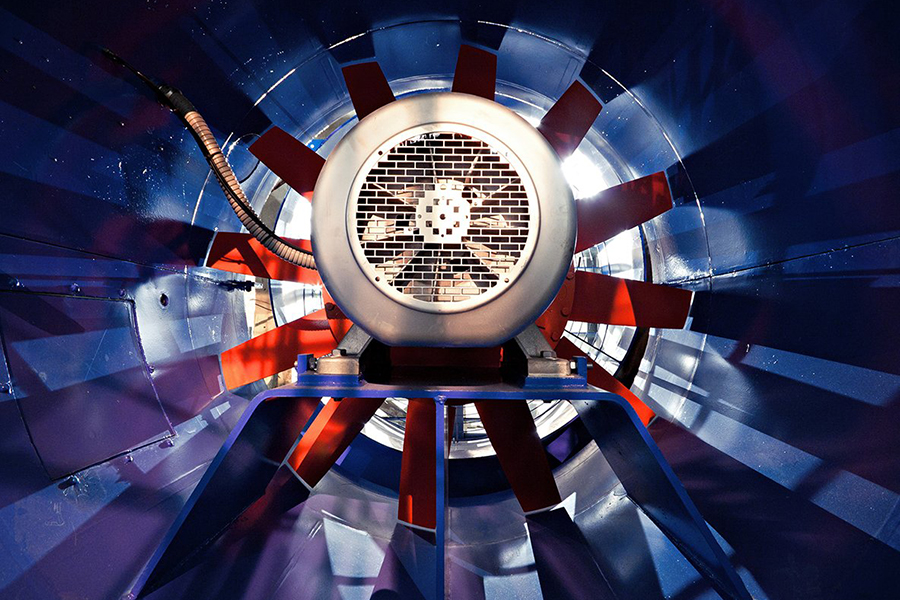Sustainable manufacturing has become an essential focus for many industries as environmental regulations tighten and companies seek to reduce their carbon footprint. One of the key factors in achieving sustainability goals is the adoption of advanced motor technology that enhances energy efficiency and operational control. Technologies such as the Single Phase Brake Motor and Multi Speed Motor play significant roles in supporting these sustainable manufacturing practices.
The Single Phase Brake Motor combines motor functionality with a built-in braking system, providing precise control and safety benefits. This integration allows equipment to advance quickly and accurately, reducing energy waste and mechanical stress. In sustainable manufacturing, where efficiency and reliability are critical, the Single Phase Brake Motor helps reduce downtime and maintenance requirements.
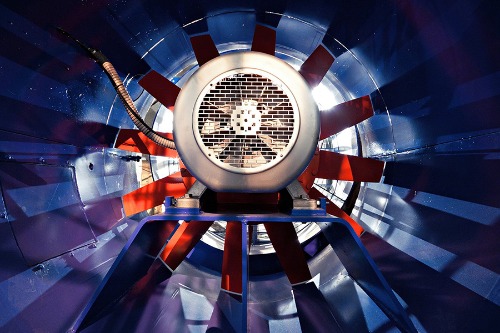
Multi Speed Motors complement these advantages by offering the flexibility to operate machinery at varying speeds. This capability ensures that motors use only the necessary amount of power for specific tasks, avoiding unnecessary energy consumption. In manufacturing processes that require different speed settings for various stages, the Multi Speed Motor optimizes performance without the need for multiple motors or frequent equipment changes. This flexibility not only improves productivity but also supports sustainability by reducing overall power demand.
Incorporating Single Phase Brake Motors and Multi Speed Motors into industrial equipment contributes to a reduction in carbon emissions by lowering the energy required for operation. Their advanced designs reduce friction, vibration, and noise, all of which can impact energy efficiency negatively. These motors are built with materials and manufacturing processes that prioritize durability and reliability, further decreasing waste generated by frequent replacements or repairs.
The use of these motors also allows manufacturers to comply with energy-saving standards and certifications more easily. As regulations become more stringent, adopting motors that meet or exceed efficiency requirements is essential for maintaining market competitiveness. Single Phase Brake Motors and Multi Speed Motors provide practical solutions that integrate seamlessly with existing production lines, making the transition to greener manufacturing smoother.
Furthermore, the combination of motor technology with smart controls and monitoring systems enhances the ability to track energy usage and optimize performance. For example, integrating variable frequency drives with Multi Speed Motors enables precise adjustments to speed and torque, matching real-time production needs. Similarly, Single Phase Brake Motors equipped with sensor-based controls can improve safety and reduce energy loss by ensuring brakes engage only when necessary.
The application of these motor technologies spans multiple industries including textiles, food processing, packaging, construction materials, and metallurgy. Each of these sectors benefits from the energy savings and operational improvements that Single Phase Brake Motors and Multi Speed Motors offer. Their ability to deliver reliable performance under different working conditions supports manufacturers’ commitments to sustainability.
Manufacturers of advanced motors maintain a focus on continuous innovation driven by customer feedback and emerging environmental priorities. This ongoing development results in products that meet evolving sustainability standards without sacrificing operational effectiveness. As more companies prioritize eco-friendly practices, the demand for efficient motor solutions like Single Phase Brake Motors and Multi Speed Motors is expected to grow.
Our advanced motor technologies contribute significantly to sustainable manufacturing by enhancing energy efficiency, reducing waste, and supporting operational flexibility. The Single Phase Brake Motor and Multi Speed Motor exemplify how motor design and integration can align with environmental goals while maintaining production quality and safety. Their continued advancement plays an important role in helping industries transition toward more sustainable and responsible manufacturing practices.

 English
English 中文简体
中文简体 عربى
عربى



